Anand Group and Mando Corporation have entered into a JV. Prateek Pardeshi looks at the growth potential tied to the demand for e-mobility.
India, as a signatory to the Paris Agreement, is prioritising electrification on a national level. This national mission is backed by the Government of India’s (GoI) FAME scheme. Known to have sold 1,05,268 EVs till date, from Tamil Nadu to Jammu Kashmir, as per the Ministry of Heavy Industries statistic, there are no two ways about the GoI led, and state followed to focus on emobility. For instance, through the FAME II scheme, the aim is to generate demand through the sale of an estimated 7,000 e-buses, five lakh electric three-wheelers, 55,000 electric four-wheelers, passenger cars including strong hybrids, and 10 lakh electric two-wheelers.
To leverage the government’s provisions for intra and inter-segment wise fungibility that is extended to privately-owned registered vehicles up to vehicles used for public transport and commercial vehicles, Anand Group and Mando Corporation have entered into a Joint Venture (JV). Here, the ANAND Group will hold a majority stake of 60 per cent in the JV formed with Mando Corporations holding a 40 per cent stake. In a company release Anjali Singh, the Executive Chairperson of ANAND Group said, “The collaboration with Mando Corporation is in line with the key ethos of the ANAND Group’s vision, to create value sustainably through the pursuit of excellence. I am confident that this long-term association will continue to evolve by leveraging the synergies and mutual strengths to successfully create efficient products and systems for the Indian Electric Vehicle industry.” The JV-Special Purpose Vehicle (SPV) is expected to deepen the historic ties between the two entities and propel forward the growth aspirations. The SPV – Anand Mando e-Mobility Pvt. Ltd. will have the partners leverage existing synergies, respective capabilities, and their diverse experiences in the auto component industry. ANAND Mando eMobility will focus on manufacturing and marketing EV components and systems for the two- and three-wheeler applications.
Product segmentation
ANAND Group and Mando Corporation will supply motors and controllers for the emerging two- and three-wheeler EV market. Through ANAND Mando eMobility, the two entities will address the varied and complex Indian driving conditions by catering to vehicles from low-speed scooters at the bottom end of the spectrum to high-speed motorcycle and passenger transporters and cargo carrier three-wheelers. Jaisal Singh, Co-Chairman, Mando Automotive India Pvt. Ltd. commenting on the future plans focused on the growth and financial investments of JV stated, “The market for EV components is expected to grow at a CAGR of approximately 22 per cent till 2030. ANAND Mando eMobility clearly has the engineering capability and technological know-how to service the growing demand for motor and controller components in India.” The target set by the Government of India for the electrification of the automobile sector in India has led to the Electric Vehicle market in India gaining momentum, especially after the implementation of the FAME India scheme. And, it is only natural for us to be a part of this exciting story that will be a key factor in ensuring a cleaner and healthier planet for future generations”
The focus will remain on manufacturing robust, reliable, and efficient powertrains using in-house components. In line with the ‘Atmanirbhar Bharat’ vision of the government, the company will offer clean and sustainable solutions built using localised cost-effective, alternatives to imports. Setting up a base in Rajasthan, the manufacturing unit for the SPV is known to be planned for an expanse of 60,000 sq. ft. with scope for further capacity expansion. It will aim for a quick turn-around, from commissioning to product rollout. The SPV could extend openings to an additional 350-450 employees. “With the kind of investments we are making in establishing a world-class production facility, and, of course, recruiting top human talent, I am confident that we will be a preferred supplier and shall achieve a turnover of rupees 500 crores by 2025,” added Singh.
Using the available ecosystem and incentives offered at the state and the national level, the state government had recently announced incentives on the lines including subsidies on the upfront cost of EVs for early adopters subject to meeting the eligibility criteria. The SPV will also benefit from the recent order issued by the Rajasthan government’s transport department. As per the order, Rs.10,000 will be reimbursed on the purchase of a three-wheeler with a battery capacity of 3 kWh; Rs.15,000 for 4 kWh battery capacity; Rs.20,000 for a battery capacity of over 5 kWh; for two-wheelers, Rs.10,000 for battery capacity of more than 5 kWh; Rs.9,000 for battery capacity up to 5 kWh, Rs.7,000 up to 4 kWh and Rs.5,000 up to 2 kWh.
Outlay
Over the next three years, capital expenditure of more than 50 crore INR will be made in the fields of product engineering and testing, as well as manufacturing equipment. ANAND Mando eMobility aspires to achieve a turnover of 500 Crore INR by 2025. The Hub Motor will be ready to be launched for two leading 2 – Wheeler EV Original Equipment Manufacturers (OEMs) by October 2021. The product launches will continue with the Center/Mid-Drive Motor in mid- 2022 followed by a stream of variants thereafter. ACI
Adopting Global Best Practices
With the collaborative effort of trained personnel and the adoption of global best practices, ANAND Group, the majority stakeholder (60 per cent) in the new JV – ANAND Mando e-Mobility is banking on its agility led by a responsive workforce. 15 per cent of the Operating Engineers (OEs) specialise in specific duties, such as maintenance (STOE). Through the ANAND Heijunka manufacturing system, the company is claimed to have a strong framework for shopfloor excellence. The Quality Management System (QMS) outlines the processes, methods, and responsibilities involved in meeting qualitative goals. To tackle qualitative discrepancies, opaque customer communications, and unsystematised techniques, the management has put in place a zero-tolerance policy. There are Quality Circles (QCs) where employee workgroups gather on a regular basis to discuss and address quality concerns. Fundamental causes are identified and solutions are provided to implement corrective actions. The goal at ANAND is to ensure that all OEs participate in all QCs in order to better quality on an ongoing basis. Every year, this group of firms are encouraged to compete at national and international contests to represent such QCs.


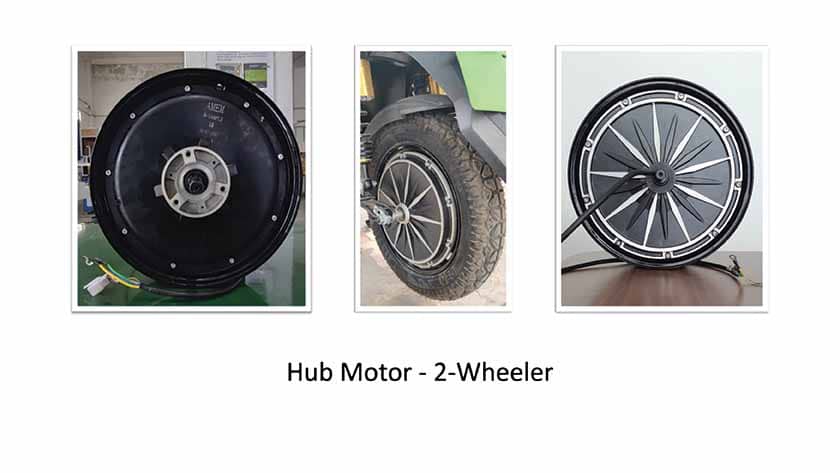
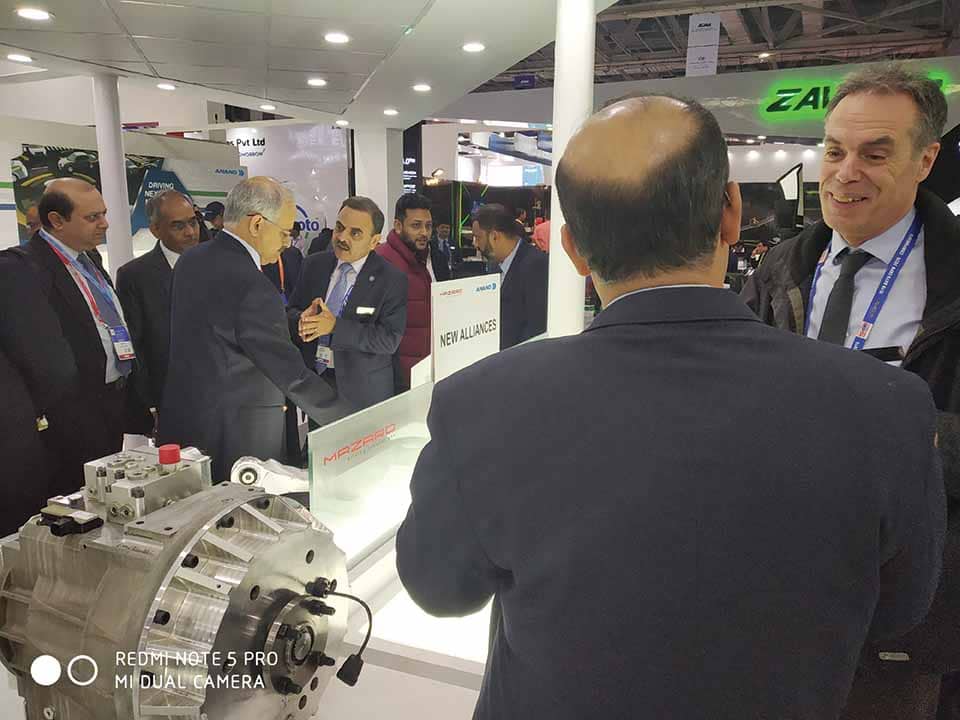


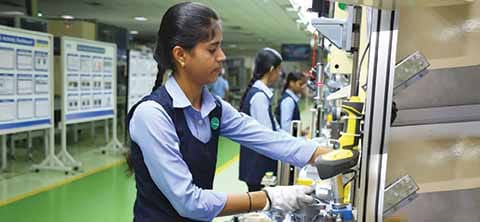

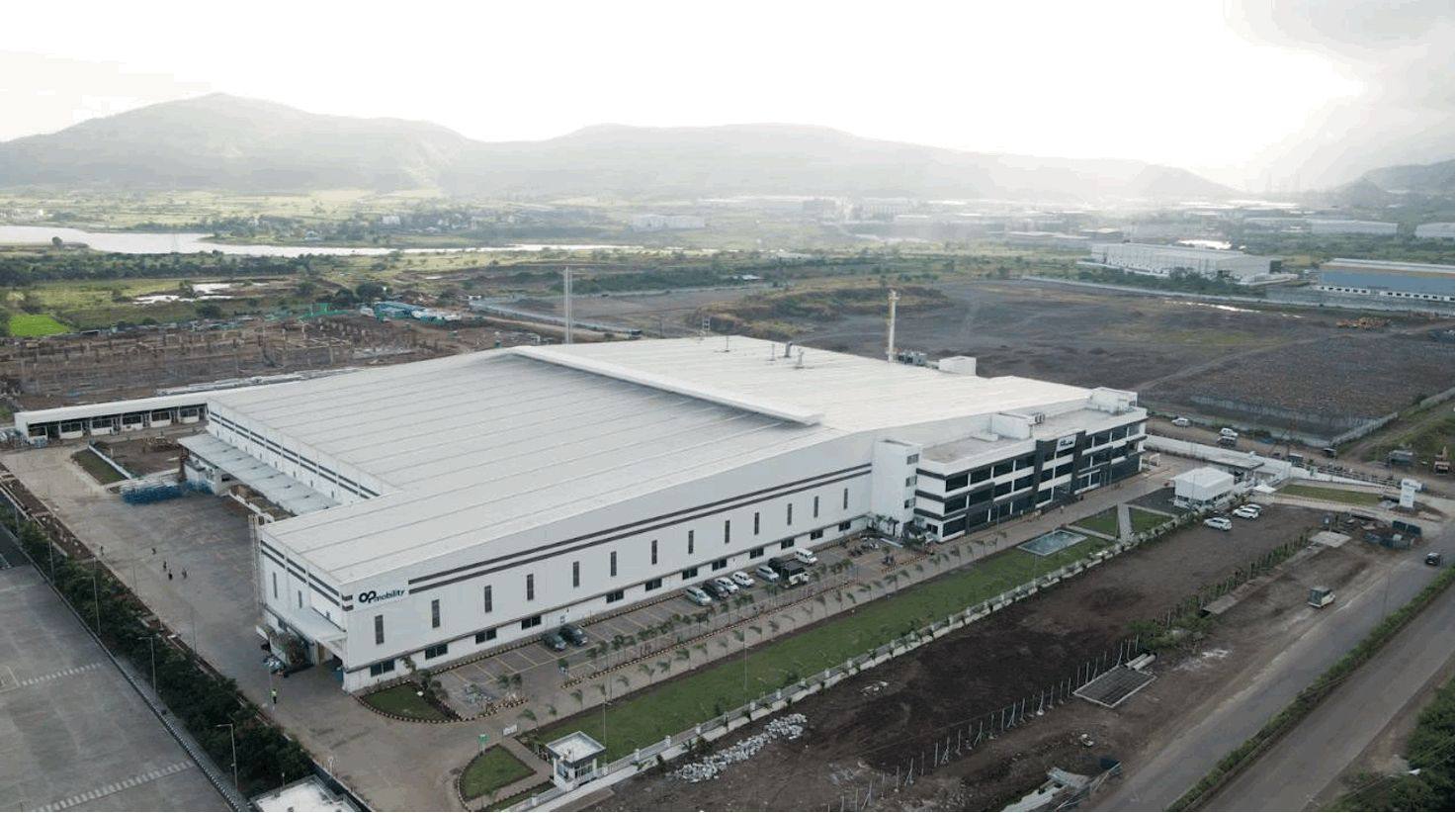
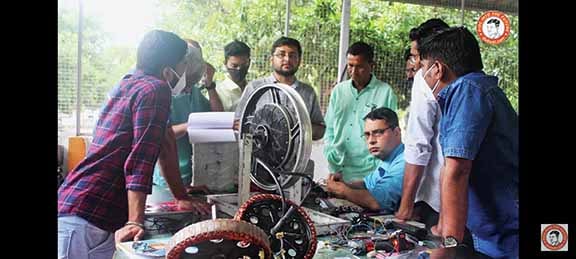

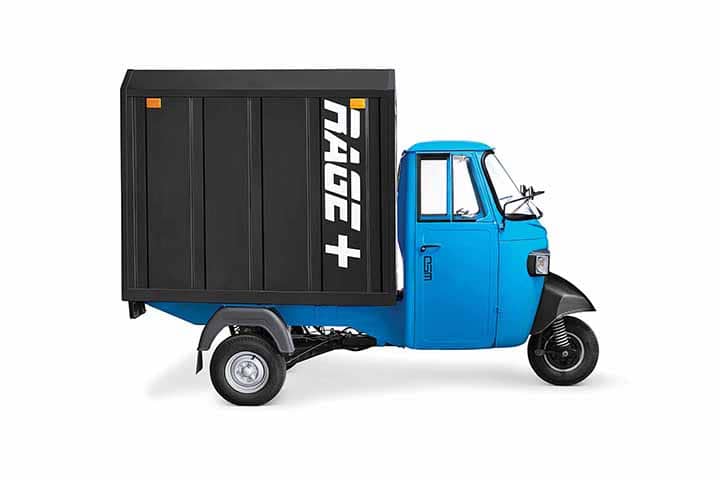
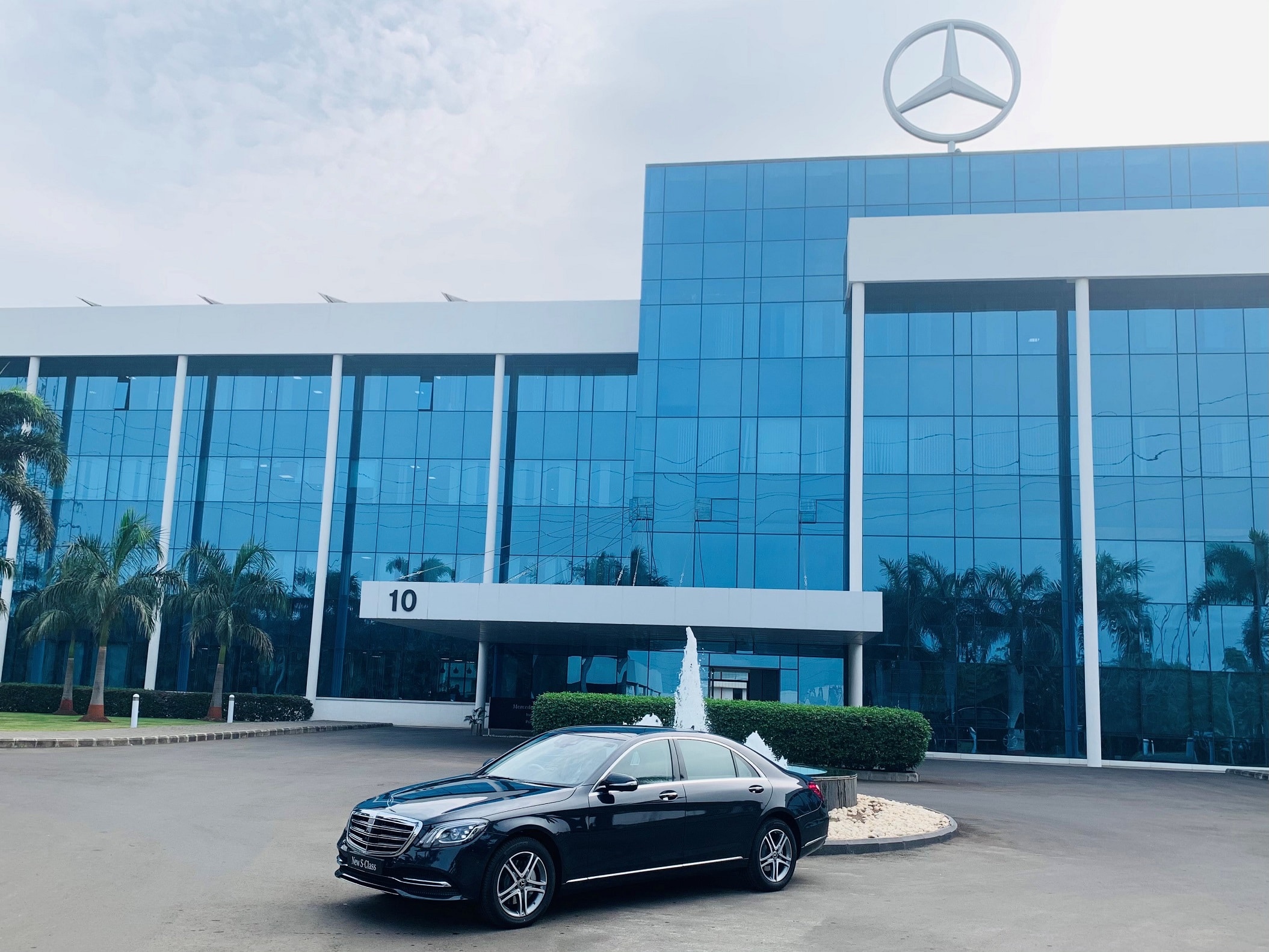
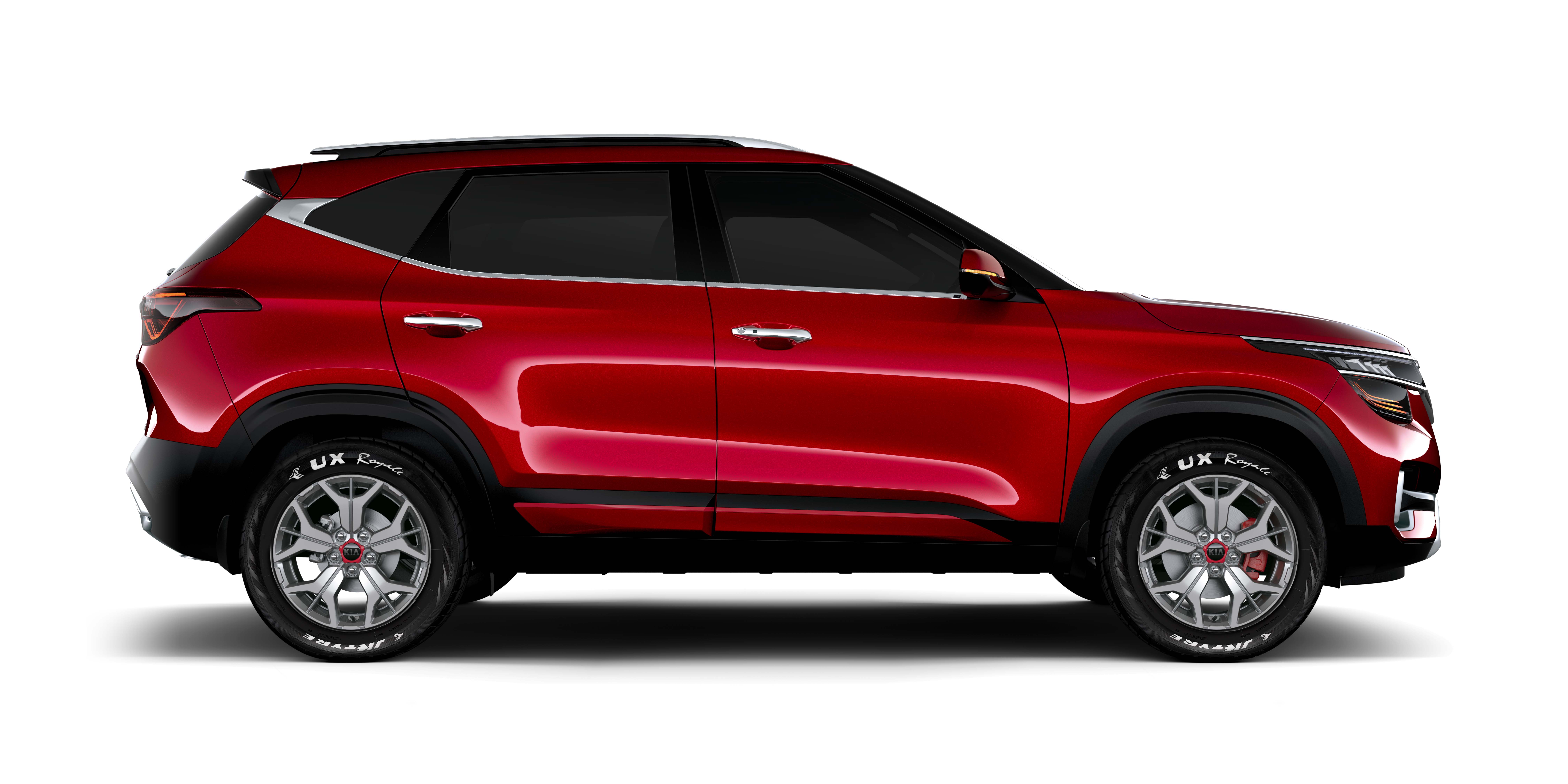
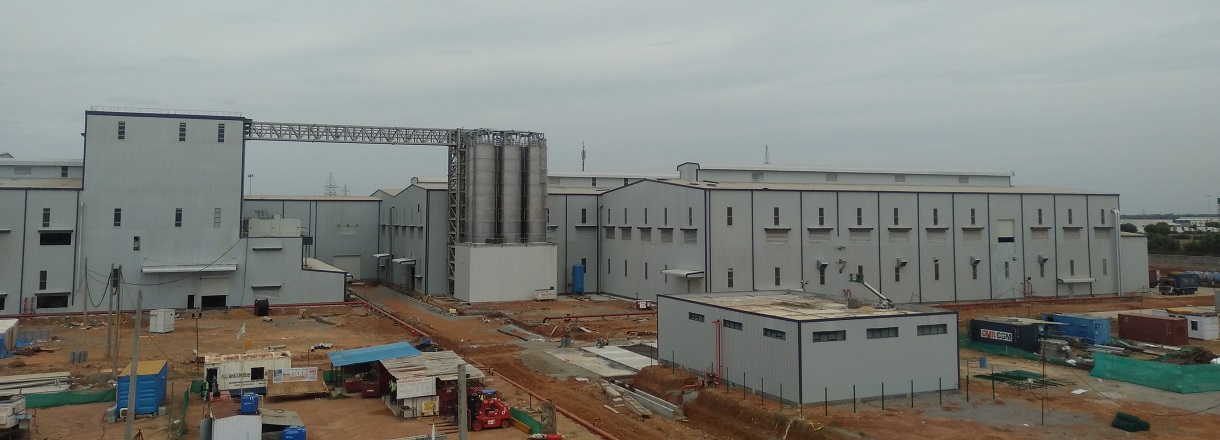
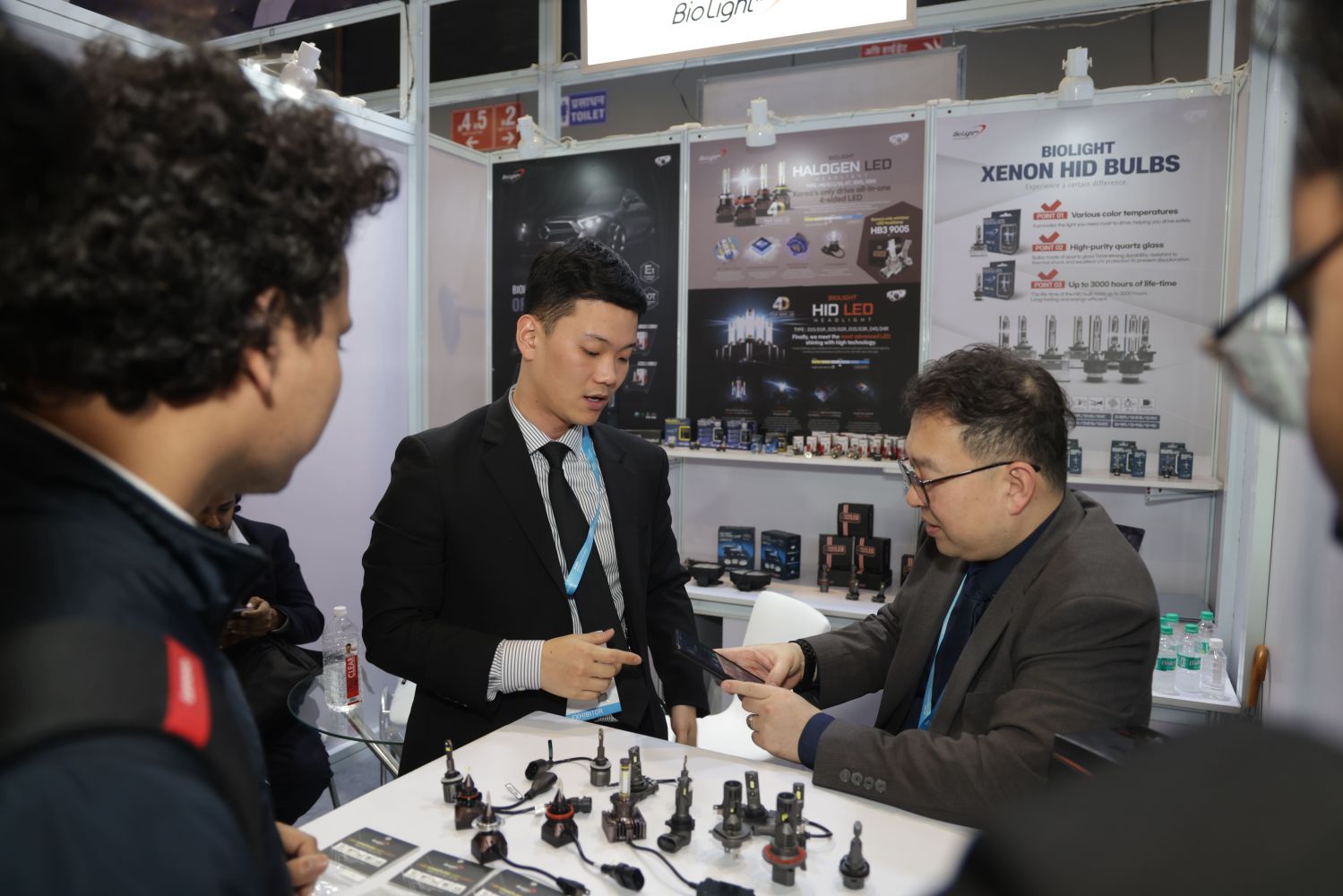
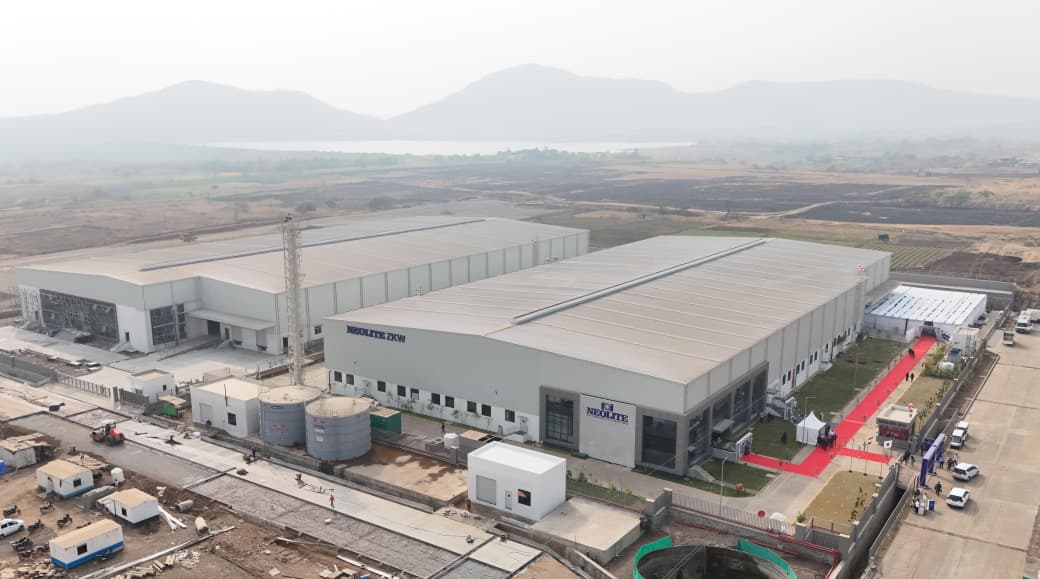
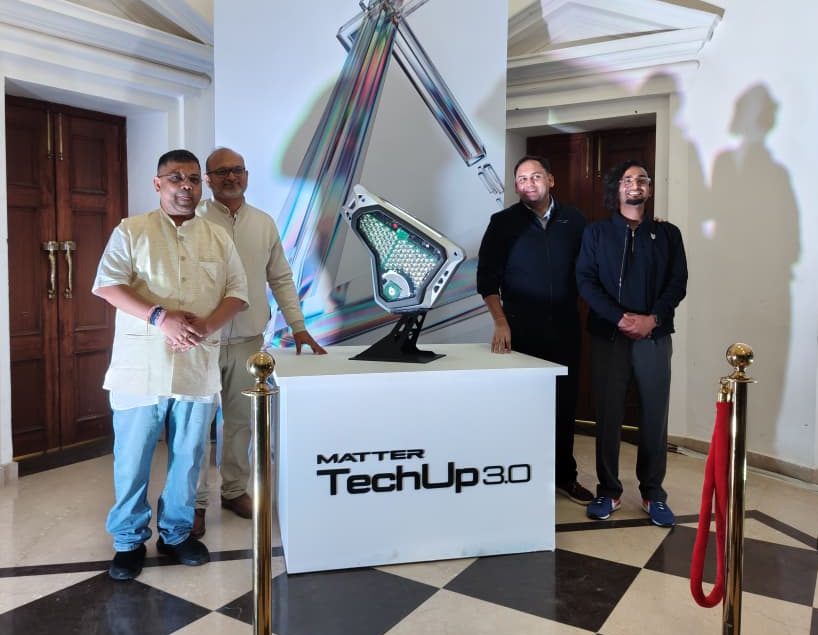
Leave a Reply